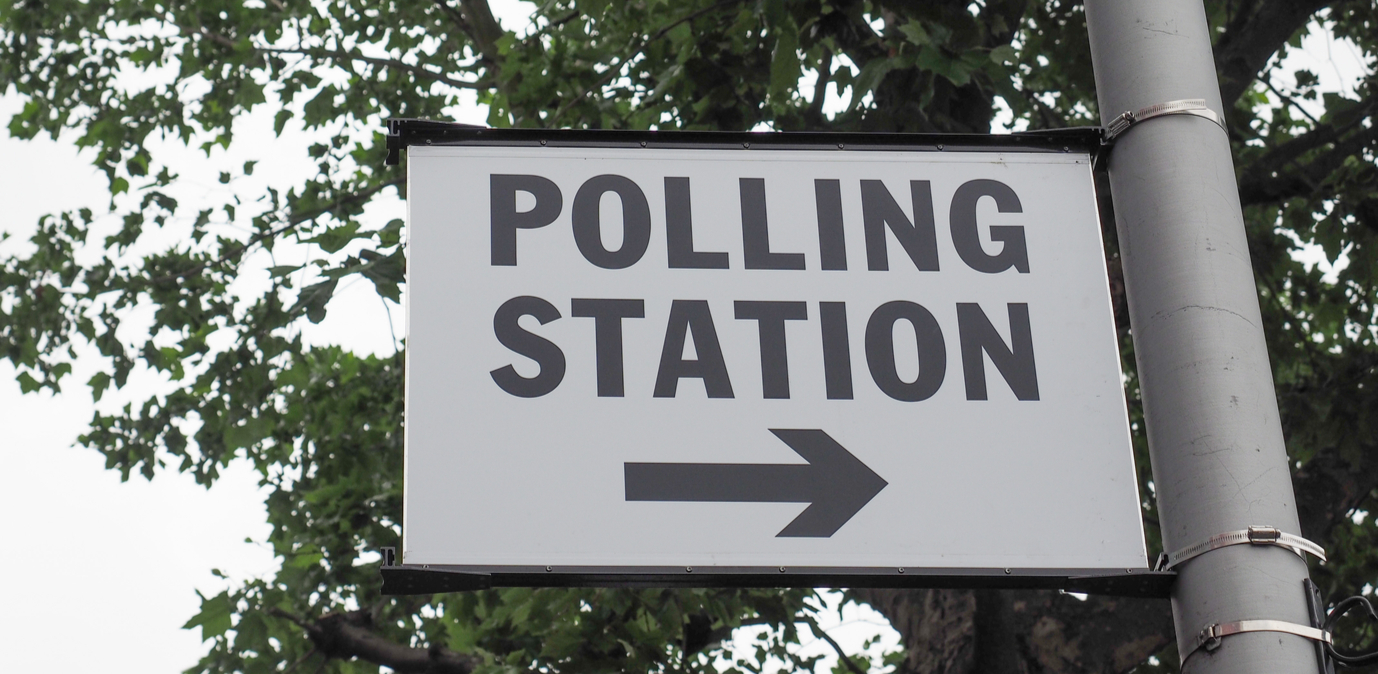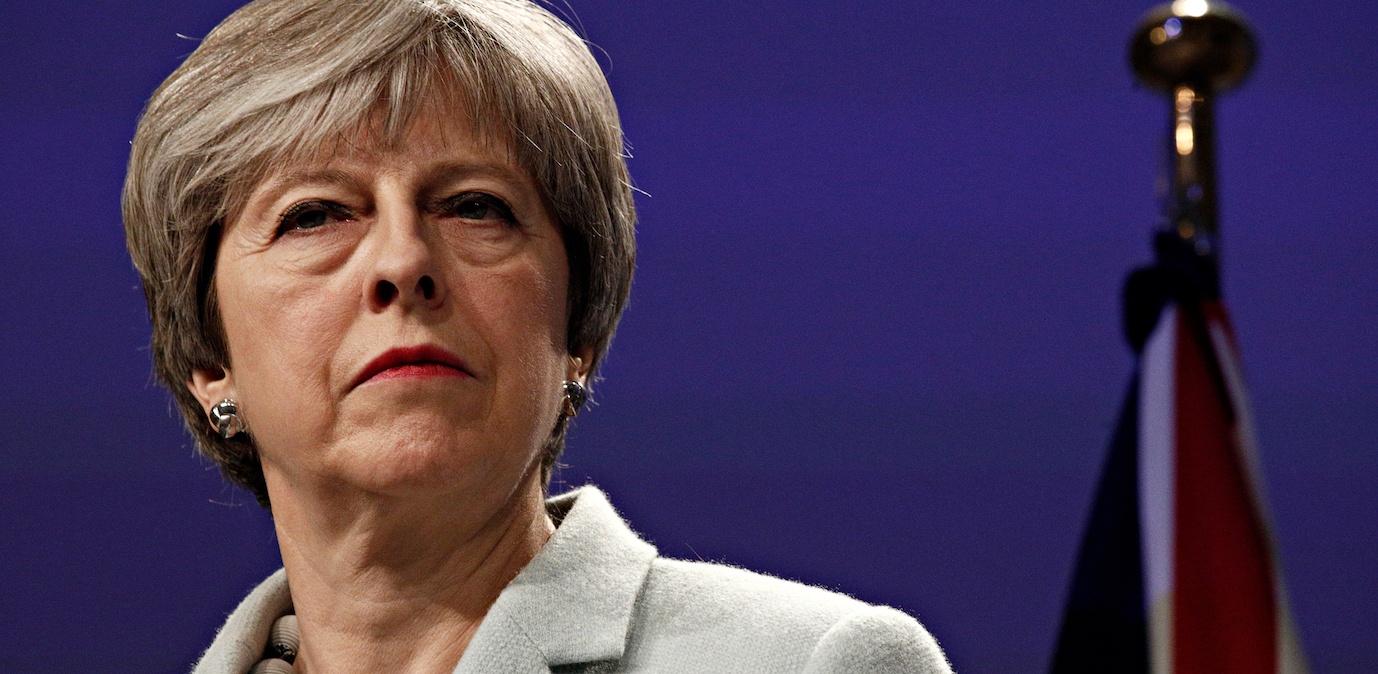The December 2019 General election will be the fourth election or referendum to take place in the UK in the past five years. Yet despite the unusual timing and general voter fatigue, the stage is set for a high-stake drama: voters are given a last chance to determine whether Brexit ‘gets done’ under UK Prime Minister Johnson’s (Conservative) terms or if a change in direction is warranted.
UK General Election 2019: Business risks are substantial, whichever way you look
Written by Shomik Panda on 19 Nov 2019
Inline at Five: Reflections on founding and growing a political consulting firm
Written by Shomik Panda on 01 Jul 2019
Inline Policy was launched five years ago as the vision of our Founder, Shomik Panda. In this blog, Shomik reflects on the challenges of starting a business from scratch and some of the highlights of the past five years.
Can data sharing survive the new data protection regime?
Written by Inline Policy on 05 Mar 2019
Nine months after "GDPR day" our new briefing paper assesses the fallout of the new EU data protection regime, the emerging trends in regulation of data sharing and how industry is responding.
MPs examine impact and potential of immersive tech
Written by Inline Policy on 15 Feb 2019
In the latest sign of ramping up political interest in immersive technologies, the House of Common's Digital Culture Media and Sport (DCMS) Select Committee has announced an inquiry dedicated to finding out more about the sector, and determining possible avenues for future regulation.
New regulations for taxis and ride-hailing in the UK
Written by Matthew Niblett on 13 Feb 2019
Following the UK Government's outline of its approach to regulating the taxi and ride hailing sector, Inline has produced a guide to the most important changes coming down the line for companies operating in the space.
Enforcing GDPR will make data regulators clarify grey areas
Written by Inline Policy on 23 Jan 2019
After all the talk about GDPR implementation last year, we are starting to come to the crunch point where companies' data practices are being tested by the regulators. The results could create continued regulatory headaches for data-intensive businesses.
Saving lives and saving money - how public sector drone use is taking off
Written by Inline Policy on 10 Jan 2019
The many and varied ways in which drones have already been deployed to aid the public sector are often overlooked. Some of the most significant examples include emergency services, environmental monitoring and protection, and infrastructure maintenance and inspection.
The patchwork of digital tax proposals in Europe
Written by Inline Policy on 09 Nov 2018
While discussions continue on the European Commission’s proposals for a harmonised Digital Services Tax, a number of different approaches to taxing online service providers and platforms is emerging across Europe. With the UK the latest EU country to consider going it alone, we look at who is proposing what when it comes to digital services taxes.
How UK Government is helping virtual and augmented reality flourish
Written by Inline Policy on 24 Oct 2018
The UK Government has positioned itself an avid supporter of the immersive tech sector. It is nurturing the fledgling domestic industry through a range of mechanisms, including funding, tax incentives, mentorship and practical support.
UK kicks off review of competition in digital markets
Written by Inline Policy on 20 Sep 2018
The UK Government has engaged a panel to review competition in digital markets, and one of the key themes is the concentration of 'big tech'. With the panel tasked with consulting industry and reporting by early 2019, companies seeking to influence the panel's thinking need to get started as soon as possible.
Online gambling in the UK: how to stop the next epidemic
Written by Shomik Panda on 02 Aug 2018
In May of 2018, Her Majesty’s Government announced to great fanfare that the maximum permitted stake on fixed-odds betting terminals will be cut from £100 to £2. But what of online gambling, the largest and faster growing segment of the gambling market?
Will the new Secretary of State for Digital be good or bad news for tech?
Written by Inline Policy on 24 Jul 2018
Jeremy Wright MP has big shoes to fill, succeeding an unquestionably pro-technology Secretary of State for Digital, but might his lack of previous interest in the sector actually be a good thing for the tech industry?
The many roads to Brexit
Written by Inline Policy on 17 Jul 2018
As the 29 March 2019 deadline for when the UK is due to leave the EU gets closer and closer, a lot remains to be finalised. In this diagram we have mapped the various paths to ‘exit day’ and explore the range of potential outcomes.
The top 5 most important European Parliamentary questions for the tech sector this year
Written by Inline Policy on 10 Jul 2018
MEPs ask thousands of questions to the European Commission each year and during the 2009-2014 term of the European Parliament, over 10,000 questions were tabled. At Inline, our job is to cut through the noise, so here are the five most important questions for the tech sector in 2018.
Rebels with a cause can't beat Mrs May in the game of chicken
Written by Inline Policy on 28 Jun 2018
While many see Theresa May’s regular battles with both wings of her party as the government lurching from crisis to crisis, it is starting to look more like a deliberate strategy. What does this tell us about Downing Street’s strategy for the negotiations with the EU?
 Insights from Inline Policy listing page
Insights from Inline Policy listing page






.jpg)










